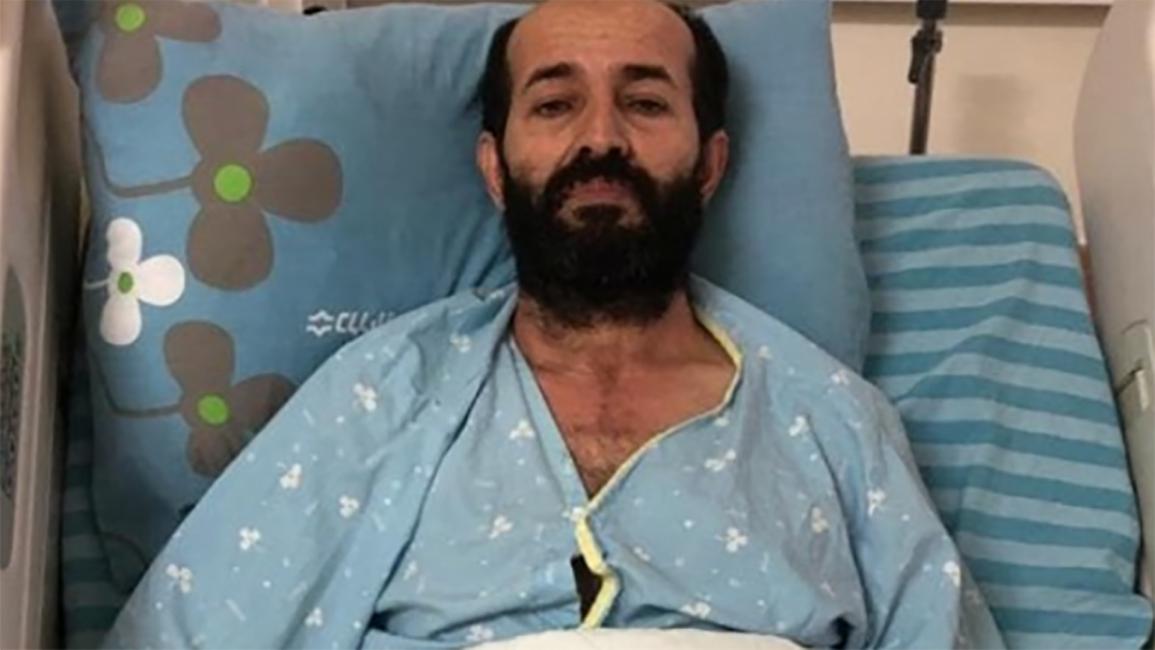TEL AVIV, Monday, October 19, 2020 (WAFA) - Physicians for Human Rights Israel (PHRI) said in a press statement that should Palestinian administrative detainee in Israel, Maher al-Akhras, who has been on hunger strike for 85 days today in protest against his incarceration without charge, end his fast, damage to his vital organs caused by the prolonged fast could be permanent.
In an update on the medical condition of al-Akhras, PHRI’s family medicine specialist and volunteer, Lena Qassem, said after visiting him on the weekend at his Israeli hospital bed, where he is currently detained, that “although al-Akhras is fully conscious and lucid, he is having trouble concentrating and is suffering bouts of confusion throughout the day. He continues to lose weight, has severe dizziness and balance issues. He is unable to stand, walk or turn over in bed.”
Qassem added that al-Akhras has suffered significant muscle atrophy, and his eyesight and hearing have deteriorated.
“Al-Akhras drinks nothing but water, refusing to take sugar, salt or vitamins. He is also refusing all tests to monitor his condition, including for vital signs, ECG and blood tests,” she said, and he refuses to be tested or receive any medical care from the staff, a phenomenon typical in hunger strikes.
“In view of Maher’s condition, even should he decide to end his strike and gradually return to eating, doing so under medical supervision, it will take him months to recover. His body will require quite some time – if ever – to repair the damage to various organs caused by the prolonged fast,” said Qassem.
M.K.











